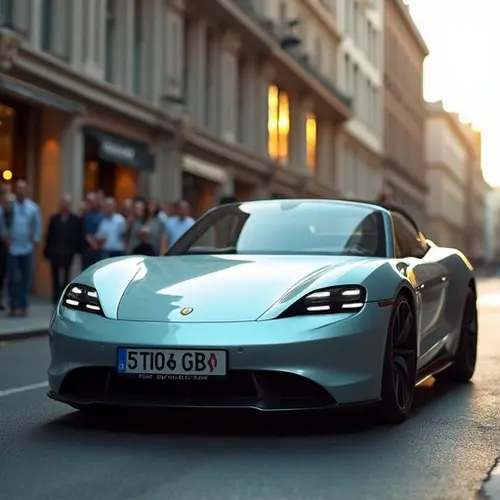
Retro Cars Getting EV Upgrades: Startups Leading the Charge
The Rise of Electric Vehicle Conversions
In recent years, a growing number of startups have emerged, specializing in converting classic cars from internal combustion engines to electric vehicles (EVs). This trend is driven by a combination of environmental concerns, technological advancements, and a desire to preserve automotive history. Companies like Lunaz in the UK and Voitures Extravert in the Netherlands are at the forefront, offering high-end conversions for iconic models such as the Aston Martin DB6 and Porsche 911.
Why Convert Classic Cars to EVs?
Electric vehicle conversion involves replacing a car's traditional engine with an electric motor and batteries. This process not only eliminates tailpipe emissions but also extends the lifespan of classic cars, reducing waste. The cost of conversion varies widely, from affordable mass-market kits like those from Transition-One in France (starting at €8,000) to luxury conversions costing upwards of £1 million.
The Market and Its Challenges
The EV conversion industry is still in its infancy, with many startups navigating regulatory hurdles and scalability issues. For instance, France's stringent anti-pollution laws, which ban older diesel cars, have spurred demand for conversions. However, startups must also contend with high certification costs and the need for standardized safety protocols.
Future Prospects
Despite challenges, the industry shows promise. Companies like Charge Cars are collaborating with traditional automakers to refine their technologies, while others, such as Zero EV, are expanding into new markets like the US. The goal is to make EV conversions accessible to a broader audience, ensuring that classic cars remain on the road in a sustainable way.

 Nederlands
Nederlands
 English
English
 French
French
 Deutsch
Deutsch
 Espaniol
Espaniol
 Portugese
Portugese



